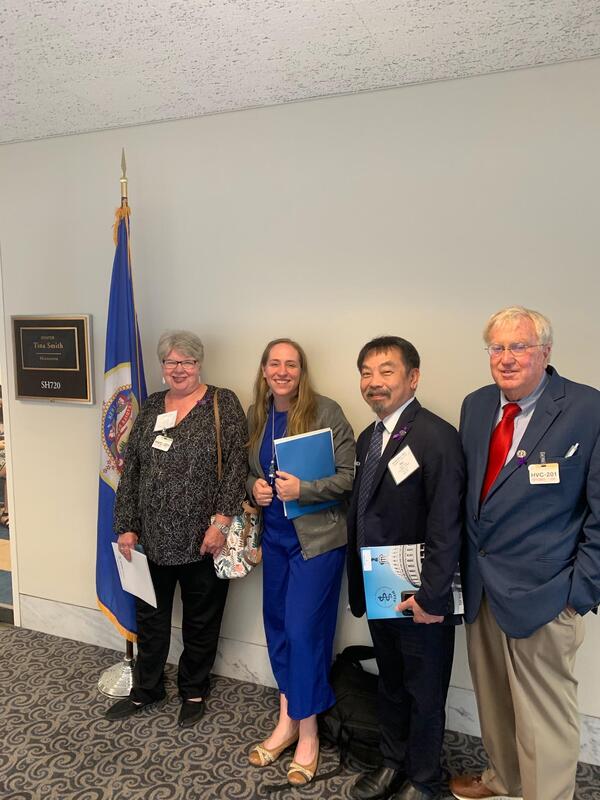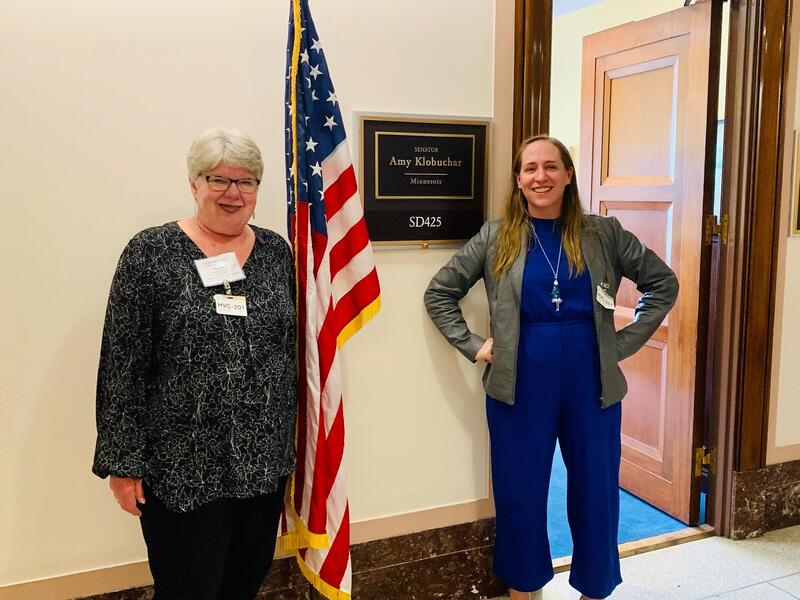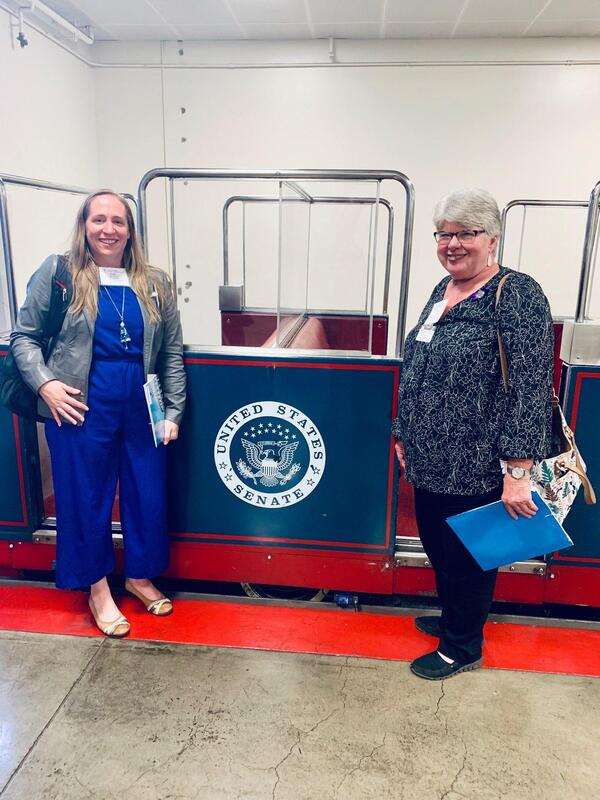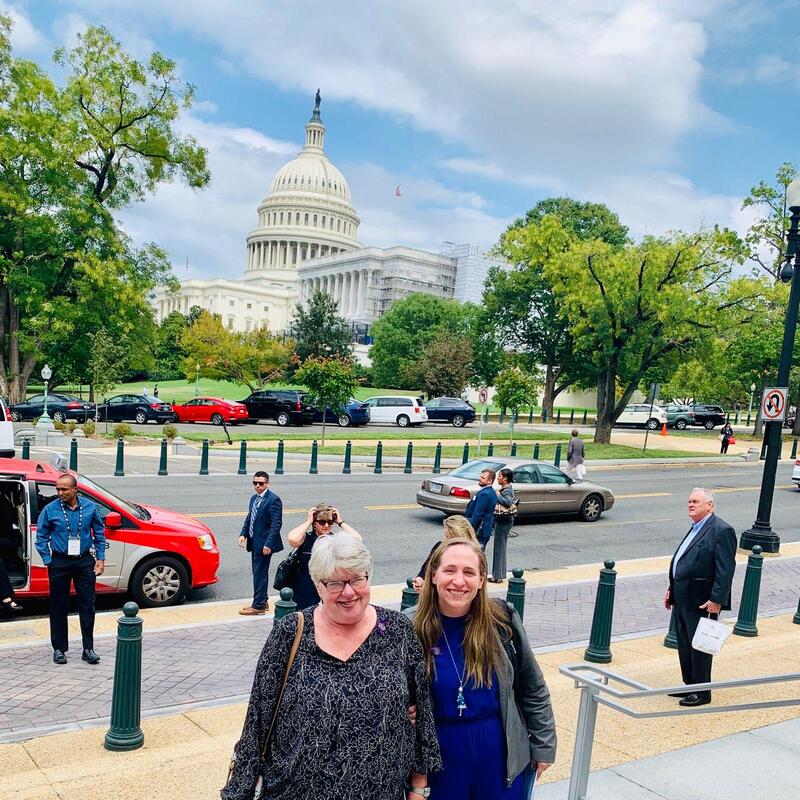MNSAM Advocacy Work
Current Work

February 27, 2022 Update
The Minnesota Legislature is in session, which means a number of bills are being proposed, revised and voted on soon. Here are three that MNSAM is currently involved with.
1. HF 1851 is a bill authored by Rep. Robert Bierman, which seeks to:
Overall, this bill would allow increased prescribing of opiates for intractable pain, even when there is no identified organic cause and including “perceived pain” and MNSAM is strongly opposing it. We have met with Rep. Bierman to express our concerns with the bill and it is currently under revision.
2. MNSAM has also joined a coalition of organizations in support for HF19/SF61.
3. MNSAM has signed on to a letter from a number of organizations in support of proposed legislation regarding tobacco cessation treatment.
The legislation (HF 3153, SF 3111), currently authored by Rep. Morrison and Sen. Abler, is designed to:
If you have questions regarding any of these advocacy issues, you may contact Ashwin George at the [email protected] or Pam Shultz at [email protected].
The Minnesota Legislature is in session, which means a number of bills are being proposed, revised and voted on soon. Here are three that MNSAM is currently involved with.
1. HF 1851 is a bill authored by Rep. Robert Bierman, which seeks to:
- expand the definition of intractable pain
- revise the criteria for diagnosis and treatment of intractable pain, including the use of opioids for “perceived pain”.
- relax standard guidelines for prescribing opioids and the disciplinary actions for repeated deviations from the guidelines.
- eliminate standards for when and how opiates should be tapered, as well as making dose changes more difficult by requiring that the Patient Agreement has to be updated and re-signed whenever the opioid dose is changed.
Overall, this bill would allow increased prescribing of opiates for intractable pain, even when there is no identified organic cause and including “perceived pain” and MNSAM is strongly opposing it. We have met with Rep. Bierman to express our concerns with the bill and it is currently under revision.
2. MNSAM has also joined a coalition of organizations in support for HF19/SF61.
- This bill seeks to allow the administering pharmacy or pharmacist, or the dispensing pharmacy, to be paid directly by the MA program, for injectable drugs used to treat substance use disorder that are administered in an outpatient setting.
- It would authorize state-sponsored health insurance plans to cover these medications directly, eliminating the “Buy and Bill” requirement currently in place.
- This bill would include long-acting injectable drugs for treatment of SUD and mental health disorders, for example ER-Naltrexone and Paliperidone palmitate, respectively
3. MNSAM has signed on to a letter from a number of organizations in support of proposed legislation regarding tobacco cessation treatment.
The legislation (HF 3153, SF 3111), currently authored by Rep. Morrison and Sen. Abler, is designed to:
- expand the types of providers that can be reimbursed to provide tobacco treatment (education and counseling) which includes, but is not limited to, mental health practitioners, mental health professionals, mental health certified peer specialists, alcohol and drug counselors, recovery peers and community health workers, and
- remove barriers (such as prior authorization or quantity limits) to the use of FDA-approved medications used in tobacco treatment, as related to MN Medicaid and MinnesotaCare.
If you have questions regarding any of these advocacy issues, you may contact Ashwin George at the [email protected] or Pam Shultz at [email protected].
History
September 2019: Hill Day
Dr. Brunner and Dr. Shultz participated in Hill Day on behalf of ASAM on September 17, 2019 to advocate for "teach it, standardize it and cover it." The priorities they discussed were expanding the addiction medicine curriculum and funding for treatment of addiction in inmates upon their release from jail. They were honored to meet with staff members from Senator Inhofe's office, Senator Klobuchar's office, Tina Smith's office and Betty McCollum's office.
2021 Update
Welcome to our New Co-Chair, Dr. Ashwin George!
The Advocacy Committee of MNSAM held its inaugural meeting just a little over a year ago. Here is an update on what has happened since then:
The Advocacy Committee of MNSAM held its inaugural meeting just a little over a year ago. Here is an update on what has happened since then:
- We supported using some funds from a higher education bill to permanently fund an Addiction Medicine Fellowship slot. Unfortunately, this did not pass, but another bill supporting the fellowship is currently in committee and has our support.
- We continue to advocate for a bill that would provide more guidelines and state oversight of sober houses.
- MNSAM has also encouraged support for several current bills, including one that allows the possession of fentanyl test strips, syringes and needles obtained from clean syringe programs (this is currently illegal), and one that would remove the “Buy and Bill” requirement for ER Naltrexone injections. Our past president, Emily Brunner, recently testified in support of the latter bill.
- ASAM Advocacy Day is March 22 and 23. Several MNSAM members will be participating.
February 23, 2022 MNSAM Meeting
The February 23, 2022 MNSAM Meeting hosted Parker Baird and Corey Barton from ASAM State Advocacy Team.
| Check out their slides |
ASAM Advocacy
ASAM Policy Principles
ASAM believes in a future in which addiction prevention, treatment, remission, and recovery are accessible to all, and where they profoundly improve the health of all people. The following principles guide our advocacy and shape ASAM's advocacy priorities:
ASAM believes in a future in which addiction prevention, treatment, remission, and recovery are accessible to all, and where they profoundly improve the health of all people. The following principles guide our advocacy and shape ASAM's advocacy priorities:
- Addiction policy should be guided by - and promote the use of - the latest science and best practices in addiction prevention, treatment, remission, and recovery. People with addiction deserve compassionate, evidence-based care that addresses the chronic nature of the disease of addiction.
- Strategic and multifaceted policy solutions are needed to drive the development of a more accessible, effective, robust, and comprehensive addiction prevention and treatment infrastructure.
- Policies and payment systems should ensure equitable access to comprehensive, high-quality addiction prevention, treatment, and recovery services.
- Policy should challenge, rather than enforce, cultural misunderstanding, stigma and discrimination about the disease of addiction.
- Addiction policy and advocacy should respect and integrate the perspectives of people with addiction and their families.



